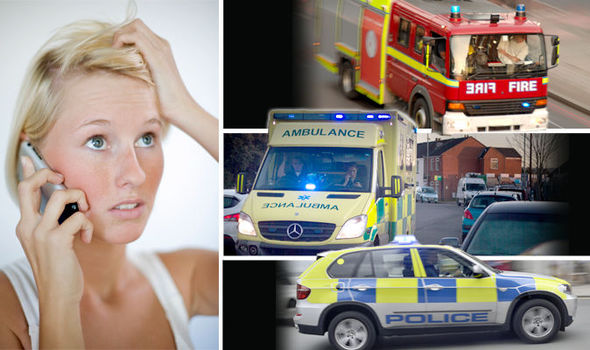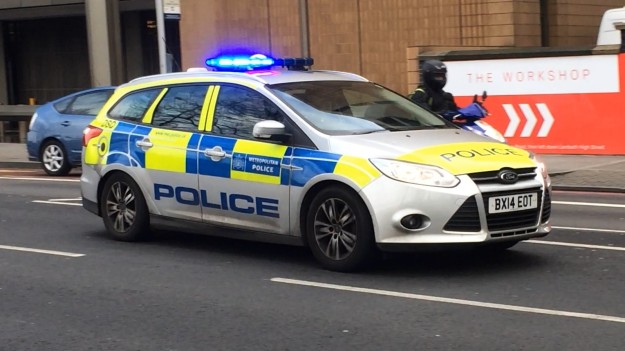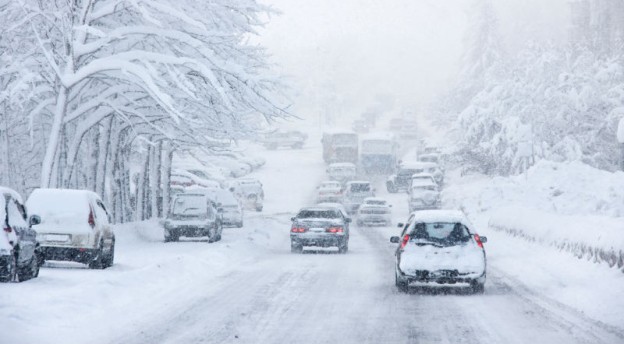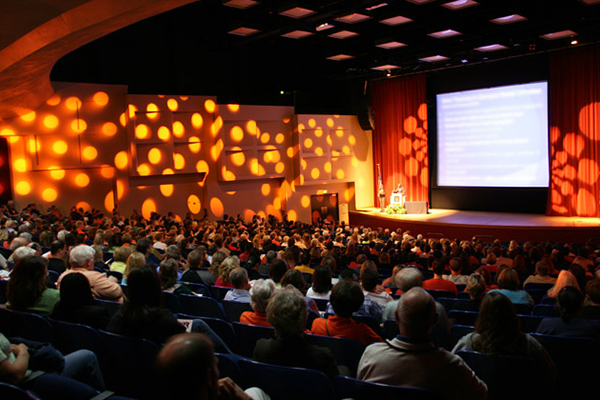
In my last tip I outlined the importance of having a back-up plan when organising an event. In that post I reviewed the natural occurrences that can disrupt an event, such as adverse weather, and man-made concerns like bomb threats or terrorist activity.
In this blog I am going to discuss why it is important for Event Managers to plan for a major incident or emergency, especially in these days of terrorist attacks. It is the event manager’s responsibility to make sure all visitors and workers are not exposed to health and safety risks. This includes during the event and during the setup and takedown of the event for those who have access at those times.
The level of planning for an emergency will be dependent on the size and scale of the event as well as other factors including the degree of risk, the audience, the location of the event and its duration. A safety plan should be created that references all these aspects.
It is important to communicate all your plans with your employees and the events team during the planning. The plan should designate who is responsible for the various aspects of safety if an incident arises, as well as the communication paths and decision-making structure.
Good communication and liaison is important in order to share how risks will be controlled with the venue, management, emergency services and suppliers. It is also needed to communicate your prepared safety plan effectively.
This link gives an example of a guidance note for event organisers when producing an event emergency plan.
Planning for incidents and emergencies at an event

Planning for Event Staff:
- Create an event handbook
- Know your location – understand the threats
- Check venue security provisions are in place
- Instigate a direct line of reporting in an emergency
- Make sure all staff have emergency phone numbers for both event staff, venue and emergency services stored in their mobile phone contacts
- Make sure staff know the emergency exits and first aid points
- Confirm staff next of kin and passport details are up to date
- Carry some cash at all times as this may be needed in an emergency
- Download CitizenAid app on mobile phone
- Risk Assessment: Consider the key risks, both for staff and delegates, include contingency plans to deal with situations of limited impact as well as responses to more serious emergencies
- Produce and share emergency procedures with your staff, as well as incorporating the venue’s emergency procedures. Ensure that all relevant staff members understand what they should do in the event of an emergency, no matter what their normal working role is, including raising the alarm. Identify to them the location of exits and emergency equipment. They should know from whom they should receive instructions etc.
- Have a pre-event briefing with all staff, show the National Counter-terrorism office video Run Hide and Tell
- Pre-event make sure you charge phones and battery packs
- Have radios on back-up in case the network goes down
- Be mindful of local staff who may be affected as the incident is occurring in their local area or city
The Emergency Plan

This should cover the following depending on the size and location of the event:
- Mobilising onsite resources to attend and tackle the incident
- Removing people from immediate danger
- The management of any casualties including providing medical assistance
- Raising the alarm and informing the public and telling staff what they need to do. It is worth having a code that you only use to tell staff there is an incident
- Alerting and assisting emergency services
- Incident control
- Traffic management, including emergency vehicles
- Controlling crowds and attendees including evacuation if safe to do so. If the incident is terrorist related you may need to instigate lock-down – follow instructions from the emergency services
- Evacuation of disabled people and other vulnerable classes of people including children who may become separated from their parents. Plan for additional assistance requirements
- Handing over to the emergency services where applicable
Dealing with displaced and non-injured attendees; if in lock-down provide refreshments - Protecting property
- Ensure that the plan is flexible to cope with changes in events
- The plan for emergency situations should set out the overall framework for the initiation, management, co-ordination and control of personnel and assets in an emergency onsite
Emergency Procedures
- Check all escape routes are available, well lit, unlocked and unobstructed
- Appoint people to be responsible for implementing the emergency procedures in the event of an incident or emergency
- Ensure that a clear management structure is place, identifying the key decision makers
- Discuss plans with the police, fire and rescue service, the ambulance service, emergency planning and, for fixed premises such as stadiums and arenas, the venue management
- Agree with the emergency services on issues such as access routes to the site, the use of any grid-referenced maps, rendezvous points, and transfer of authority for a major incident from the event organiser to the emergency services
- Stopping the show/conference: Identify key people and initiate a show-stop procedure, communicate with presenters and attendees; have an agreed public announcement for this.
- Evacuation – Remain calm and encourage attendees to keep calm. Work as a team. If evacuation is required direct people towards emergency exits
- Lock-down: After stopping the conference or show direct people to a safe area within the building; explain to attendees why it is not safe to leave. Provide refreshments if required. Keep in contact with the police and emergency services regarding the situation
- Review after the incident. If incident impact has been limited you may be able to start the show or event again. Only restart after consultation with emergency services. Make sure staff and services are ready and in position for the restart
After an Incident - If evacuation proves necessary, make sure delegates are assembled in the correct holding area, check everyone is alright. Listen to emergency services for information about when to release attendees
- If in lock down make sure attendees have refreshments, if in a hotel check whether bedrooms are available, work with the venue or hotel operations management
- Only allow people to leave when instructed to do so by the emergency services
- Assist delegates if they require accommodation, transportation, flights etc…
- Have a debrief afterwards with events staff as well as venue see what went well and what can be improved upon.
- Review incident and emergency plans for future events
Find out more
B2B Event Management Logistics Tips – Risk Assessment, Health and Safety, insurance and contingency planning
Health and Safety Executive and Excellent Government website on event safety and emergency procedures



